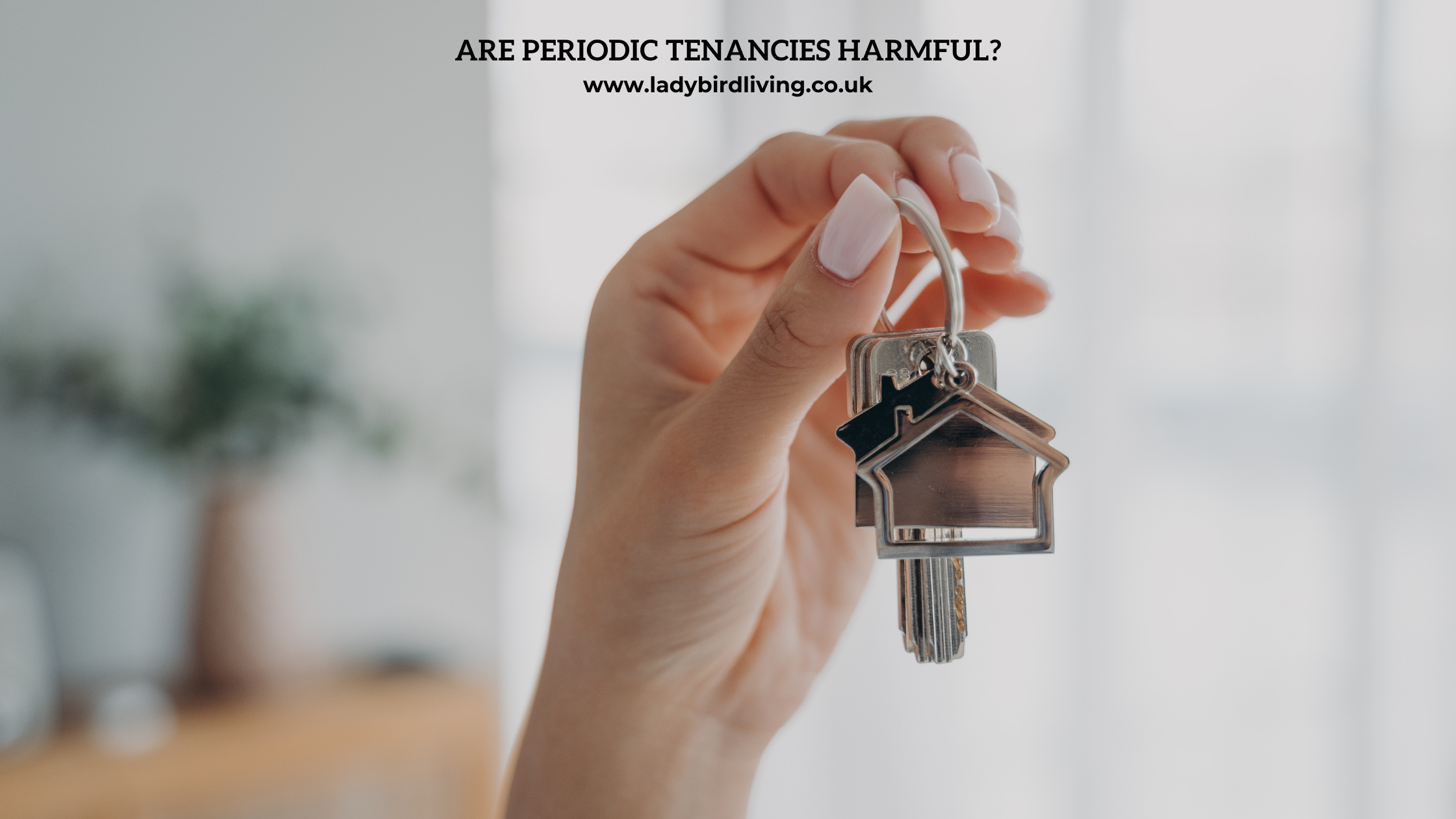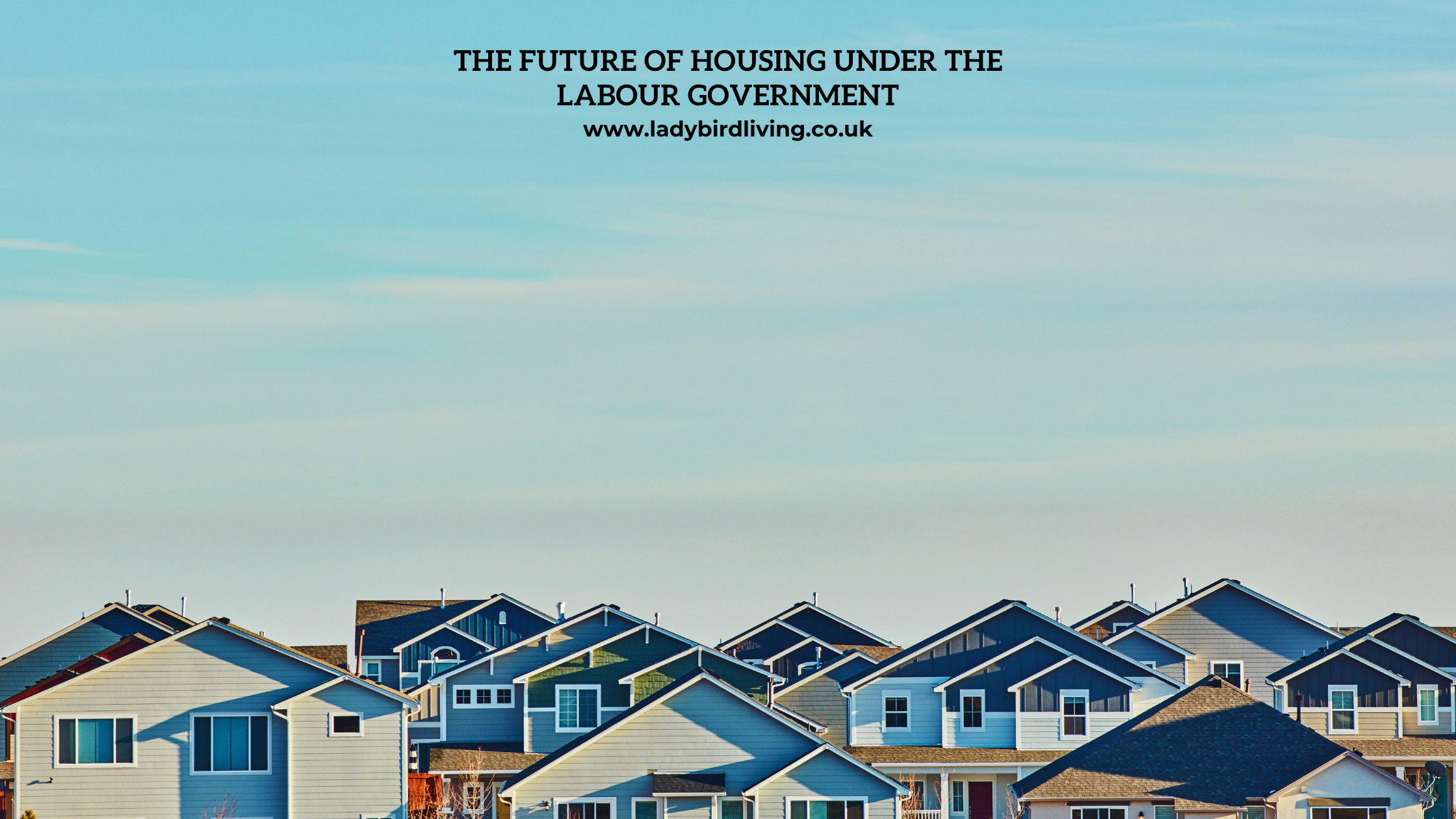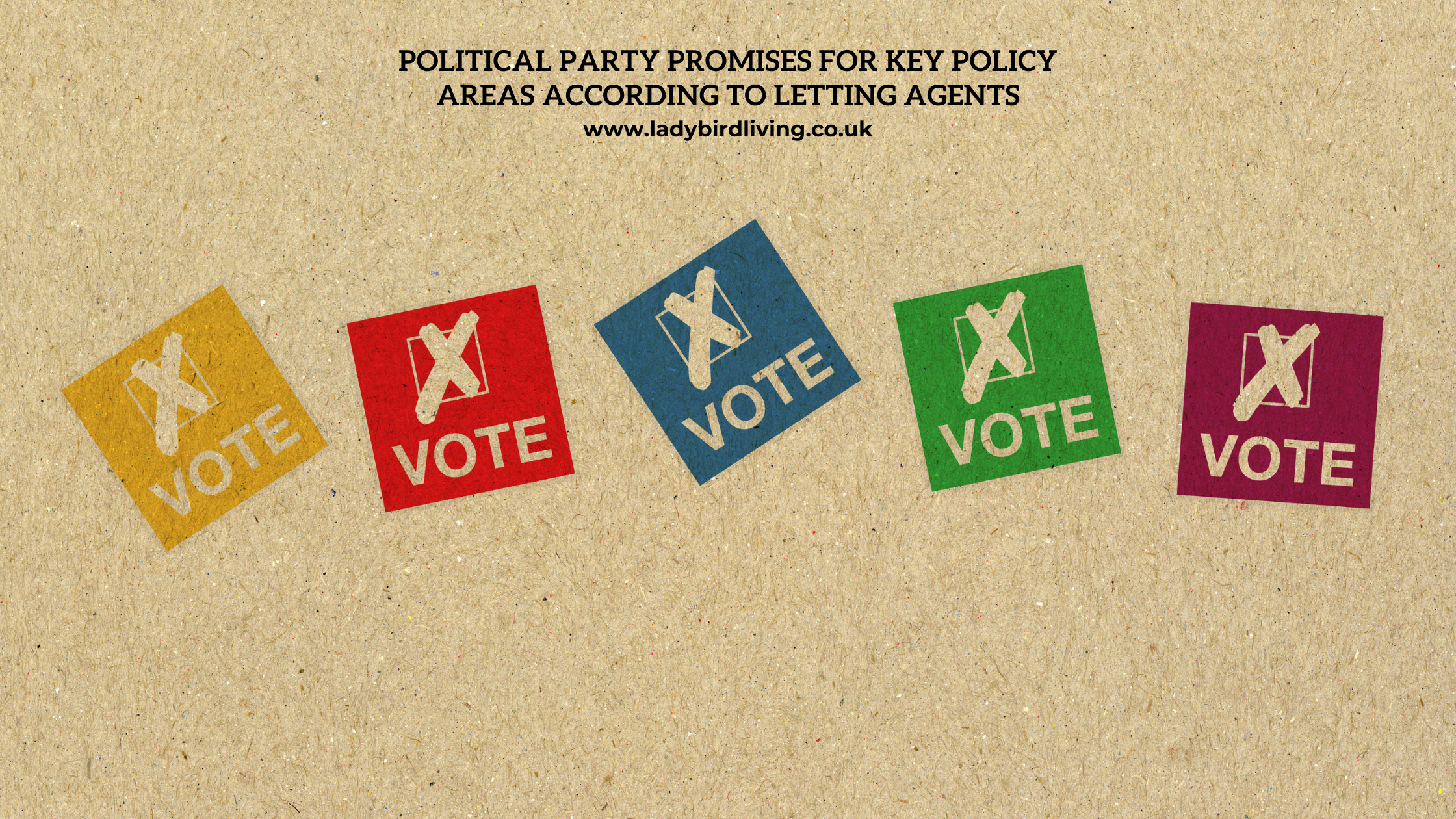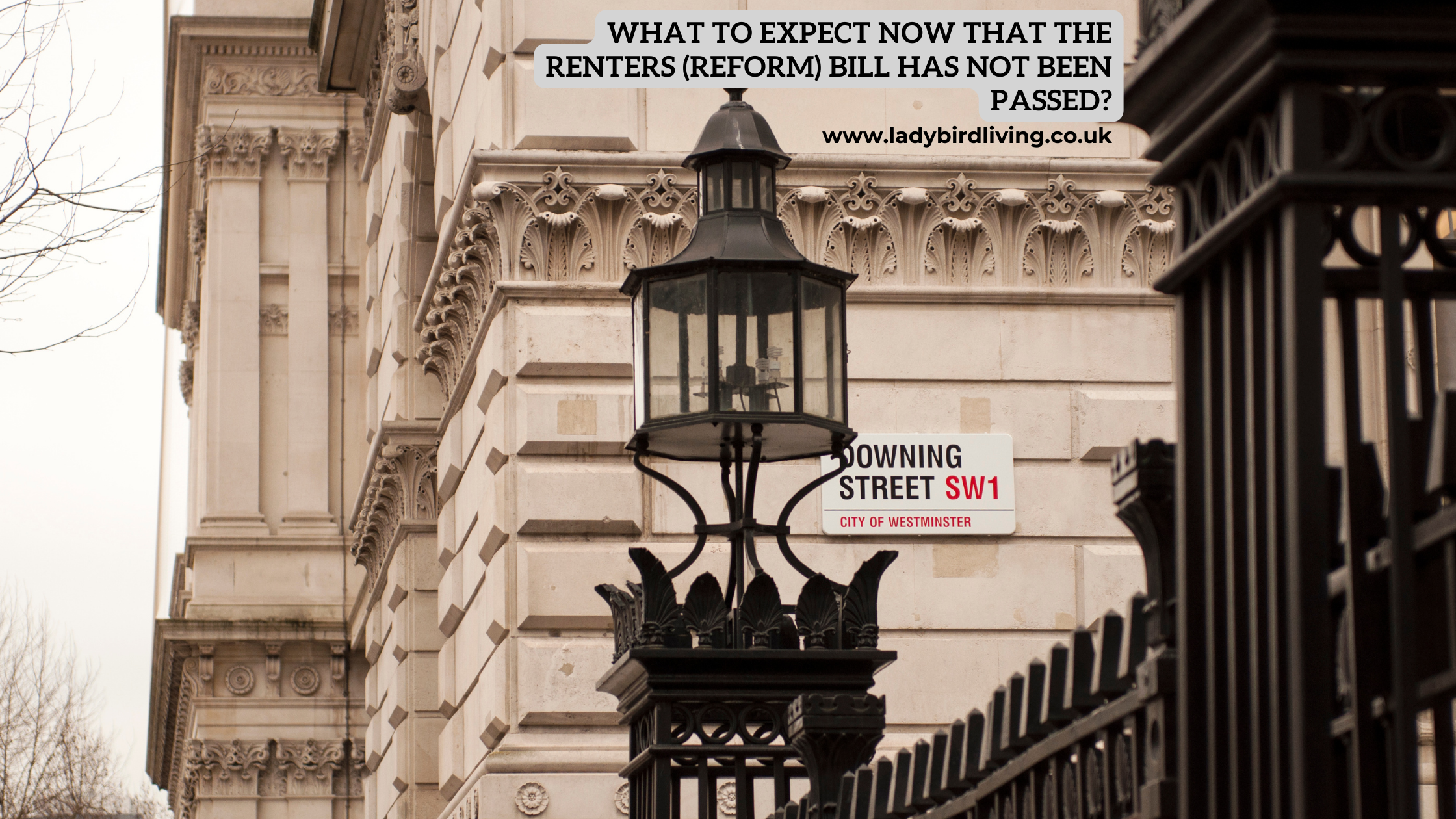
Changing Minimum Energy Efficiency Standards
In 2020, the UK government mentioned plans to increase Minimum Energy Efficiency Standards (MeeS) within the Private Rented Sector. The plan aims to ensure that private rented properties meet the Energy Performance Certificate (EPC) ratings of C or more by 2025 on new tenancies. For existing tenancies, private rented properties would be required to meet an EPC rating of C or more by 2028.
Have property owners been making the EPC upgrades?
Since the announcement of these plans, there have been more properties available with better energy efficiency ratings. Data has shown a 16% rise in the number of properties with an EPC C rating or above since January 2019 revealing that property owners have been working on making the required EPC upgrades.
A survey has demonstrated that 61% of property owners will choose to avoid investing in properties with an EPC rating below C.
Decent Homes Standard and the MeeS:
The government is also planning to apply the Decent Homes Standard to the private rented sector along with the Renters Reform Bill. A requirement under the Standard is that properties must provide “a reasonable degree of thermal comfort” under criterion D.
The MeeS currently does not apply to the social housing sector.
What should property owners and agents do to meet the MeeS rules?
The government has put together a list of things that property owners should consider in order to meet the MeeS including a list of upgrades they can make such as adding insulation, solar panels, and a few other upgrades. We are still awaiting confirmation about whether the government will place a cap of £10,000 for the costs related to the upgrades and whether property owners will be able to apply for exemption in case the upgrades cost more than the cap limit.
The information in this post is valid to the best of our knowledge on the date of posting. It is advised that you seek independent advice based on your individual circumstances.
T +44 (0)203 488 1488
Recent Posts






